
By Felicia Gopi / December 02, 2025
Latest Blog
By Felicia Gopi / December 29, 2025
As 2026 begins, many leaders are realizing AI is operating across their environment in ways that are difficult to explain clearly, even to themselves. Decisions are being influenced by systems that feel familiar but are no longer fully understood.
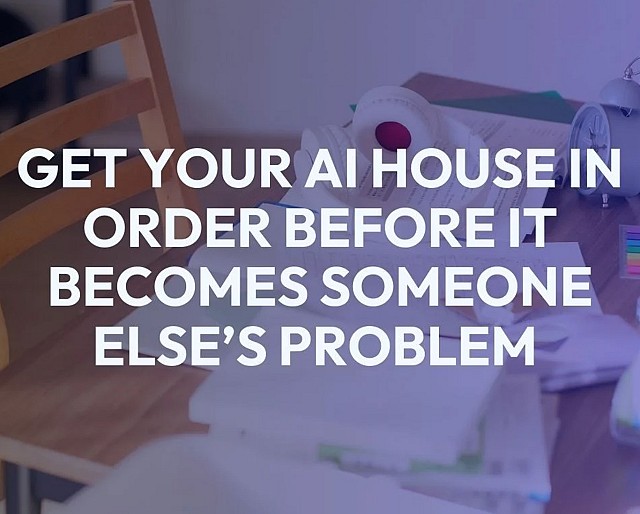

By Felicia Gopi / December 02, 2025
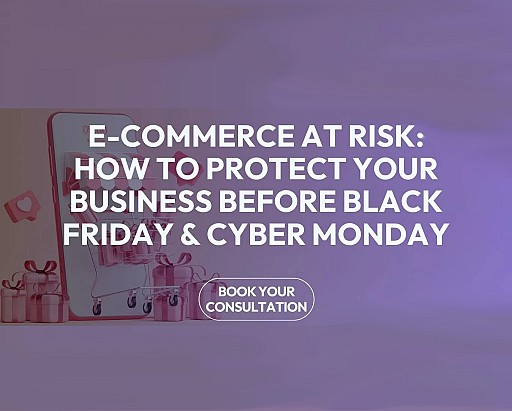
By Felicia Gopi / October 29, 2025
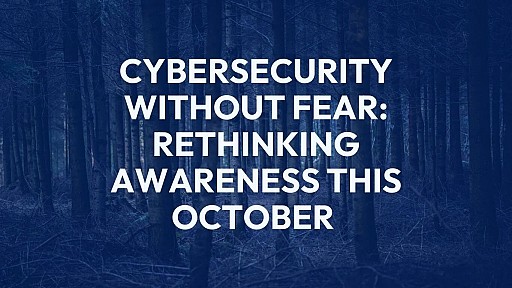
By Felicia Gopi / September 22, 2025
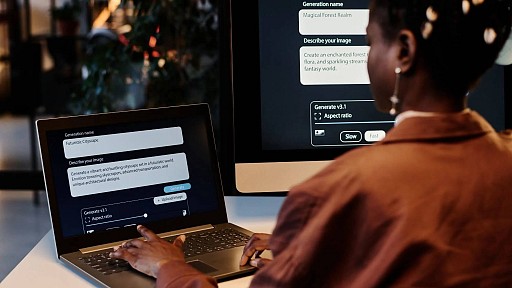
By Felicia Gopi / September 02, 2025

By Felicia Gopi / August 05, 2025
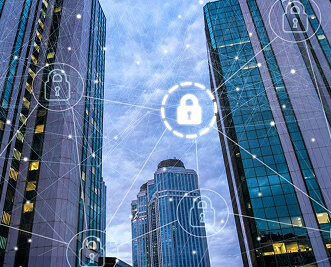
By Dave Millier / July 21, 2025
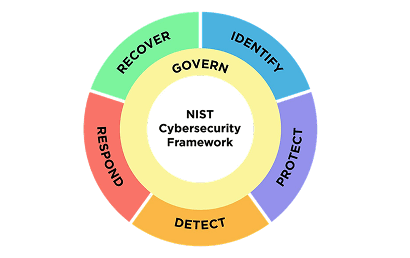
By Dave Millier / July 21, 2025

By Dave Millier / February 21, 2025

By Maria Catricala / April 11, 2024